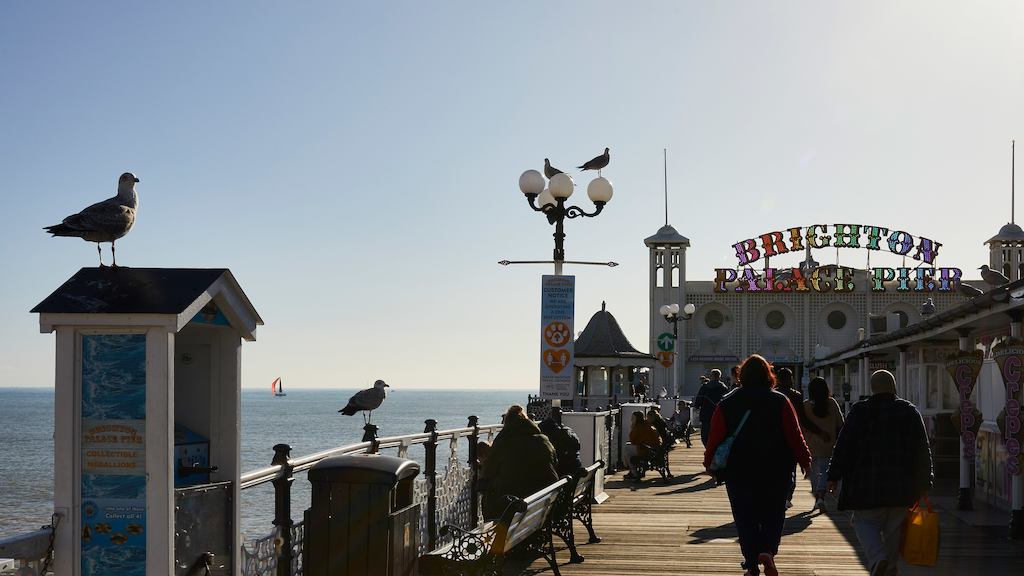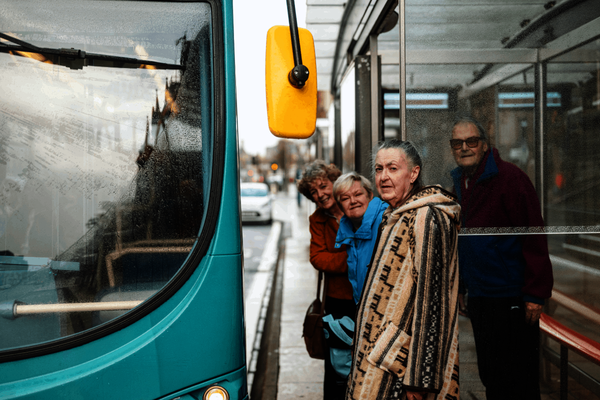Impact Initiatives and Time to Talk Befriending took the lead on ensuring people unable to cook were also catered for through delivering tasty and nutritious low cost meals across the city. Emily Kenward, CEO at Time to Talk, said “Mark, who is aged 87, told us he wasn’t eating properly and felt really unwell. He said the meals were quite literally a life-line.”
In addition, phone trees and individual phone calls were set up so hundreds of older people received weekly or daily telephone calls to check in and provide contact with the outside world. These continue today. Mary, aged 98, told us that receiving a phone call from a volunteer was the highlight of her week. She said “despite the difficulties, we always end up laughing. It is a true tonic.”
Online exercise classes, quizzes and live music performances were set up by the team at the Hop 50+ centre with over 130 now taking part. George, who took part, told us “the sessions through Zoom are nothing short of life-savers. I write this as someone who is living in isolation – I feel cut off from the rest of society, family and friends, while at the same time feeling lonely and afraid.”
The teams have been very aware that many older people do not have internet access. At the very start of the pandemic, a volunteer from the Woodingdean Art Group posted projects through letterboxes, and Impact Initiatives developed and continue to post over 300 activity packs each week, giving an activity a day to keep minds and bodies active. Hazel, who was one of the first to sign up for these, told us it made a real difference to her: she said “it is lovely to get something good in the post, I have learned a lot and now check outside my window each morning and keep a diary of the changes Spring is bringing.”
Caroline Ridley from Impact Initiatives said “this really has been a time of pulling together. Local businesses have been generous, particularly with donations of food. Local trusts who have supported us in the past have given us grants to cover some of the additional costs. We have supported each other in the complexities of furloughing staff and applying for government small business grants which literally saved some of us financially. Despite this fundraising is a major ongoing challenge and we need more funding to continue meeting our aim of making sure no older person in our city is left adrift without support and connections as we move through this incredibly traumatic and unprecedented time.
Caroline added, “Over the last few months we have produced directories of services available which have been invaluable to both individuals and organisations, we continue to update these weekly, including options on food deliveries for people unable to go out. Working with Brighton and Hove City Council we have increased the capacity of our Single Point of Contact phone line to ensure help is always at hand and older people get to the right support at the right time for them. We will continue to review and develop the services and do whatever it takes to make sure we are here to help.”
Brighton and Hove joined the WHO Global Network of Age-friendly Cities and Communities in 2013 and is a member of the UK Network of Age-friendly Communities.

